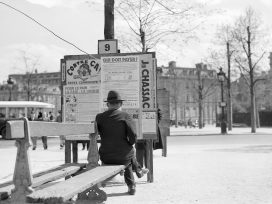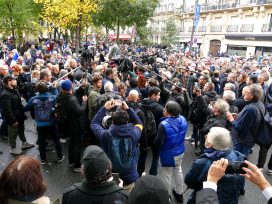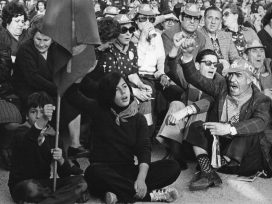The lurid past of French colonial expulsion and incarceration: of Algerians sent to French Guiana; Jews interned in camps termed ‘battalions’; and French colonized peoples replacing convicts as forced labour.
Deportation and internment under the French colonial system receives a fresh angle in NAQD. While earlier studies have approached these issues ‘as a means of control, punishment, … law enforcement’ and ‘expanding the empire’, NAQD seeks to ‘recentre’ the debate on those affected. The Algerian journal acknowledges deportees ‘not just as victims but as key figures of resistance’. In exile, they remain ‘ordinary people, human, resilient’, leaving behind ‘traces of life’ that researchers can follow.
NAQD authors take two approaches to challenge history’s ‘fabrication by imperial archives and the monopolistic interpretations of this material by its keepers’. Some seek out alternative sources – first-hand oral accounts such as interviews with family members – and ‘measure the gap between these stories and the French empire’s official history’. Others use the archives, ‘but with a critical eye vis-à-vis information and language’, bringing hidden motives and practices to light.
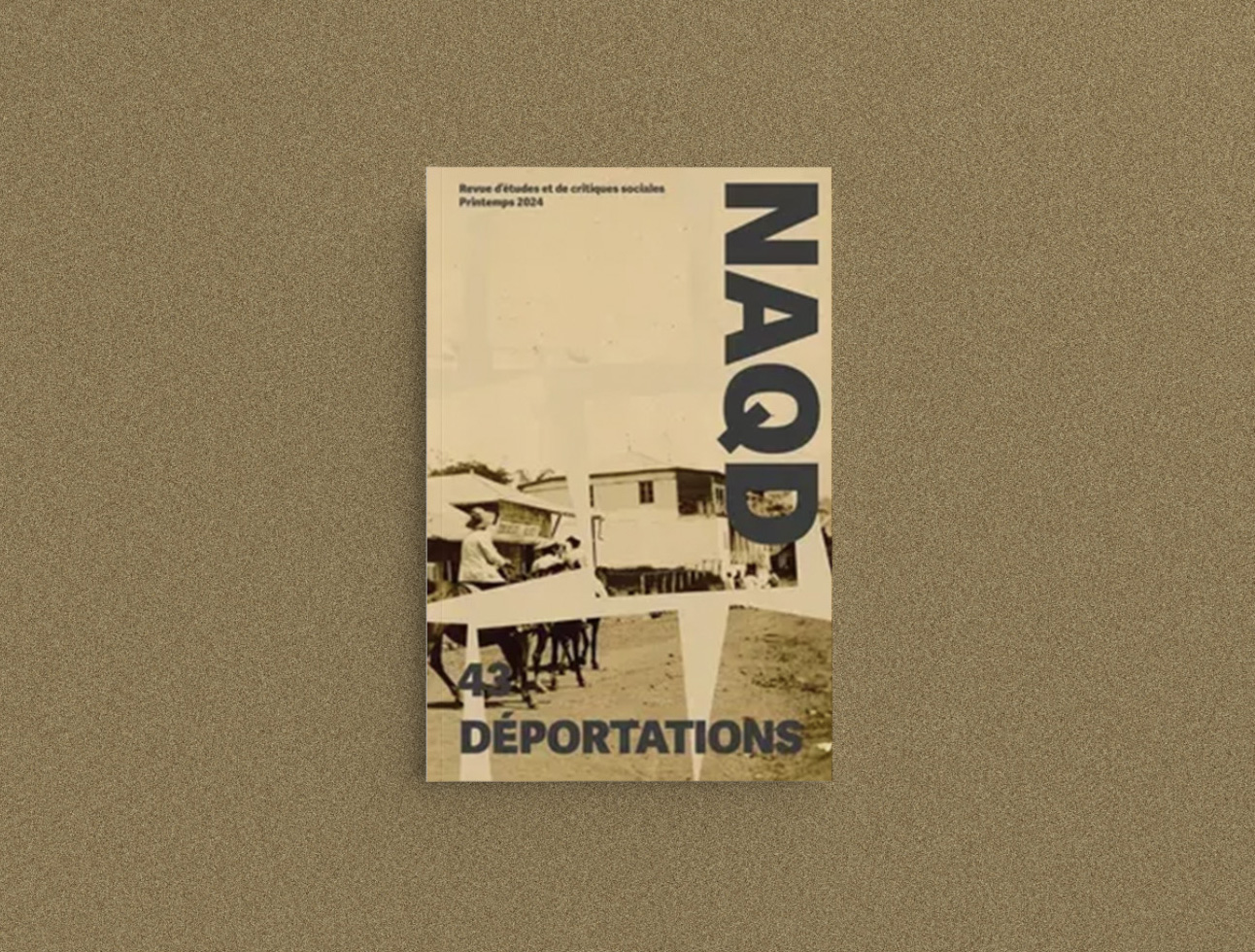
Thirty years in exile
Abismaïl Bakir relates the experiences of his father, Saïd ben Bakir ben Kacem, before, during and after his time in a penal colony in French Guiana. As a businessman selling coal in Alger in the 1920s, Saïd ben Bakir became the person ‘designated to ensure justice was done’ when people from his village were wronged. When one case took a violent turn, he was arrested as an accomplice to murder. Interrogated, tortured and denied a hearing for months, Saïd ben Bakir was eventually found guilty and sentenced to 15 years of forced labour in exile.
Saïd ben Bakir’s recorded account is full of important details, from ‘snapshots’ of everyday life to moments of tragedy and triumph: conversations in the police station; a stroke of luck on the Atlantic crossing; the ‘green hell’ of French Guiana; and, thirty years later, his first flight – back home. Deportation becomes more than a colonial strategy through the story of an individual, his family and community.
Calculated forced labour
Michel Pierre, a historian and diplomat, analyses archival sources, revealing the hypocrisy, unscrupulous motives, abuses and racial prejudices that marked the colonial legal system. Tracing the convergence of deportation and forced labour, from the Ancien Régime to the Third Republic, he shows how the two sanctions became a single sentence, serving the purposes of the state.
Given public support for ‘useful punishment’, the Criminal Ordonnance of 1670 made hard labour in ship galleys the state’s preferred sentence. For decades, most punishment took place at sea, until sailing ships gradually replaced galleys. In 1748 Louis XV then assigned convict crews to the royal navy’s land division, where they were imprisoned and put to work in ports and on arsenals.
Criticism soon emerged of this new arrangement, however: the convicts were not as productive as paid labourers, expensive to feed, depraved and a corrupting influence. In 1850 Louis Napoleon Bonaparte found a calculated solution: forced labour could be made ‘more efficient, less costly and more humane’ by looking overseas ‘for the advancement of French colonization’, writes Pierre.
European oppression linking Muslims and Jews
Ariella Aïsha Azoulay’s father, an Algerian Jew, was interned by the French state in a concentration camp in Oran during WWII. Having first been mobilized to fight in the French army, he was then demobbed and ‘incarcerated for an unknown length of time’. In 2007 the French secretary of state for defence, responsible for veterans, insisted that Jewish Algerian soldiers had been ‘directed towards “Jewish work groups”’ … ‘not interned’. Applying an ‘intellectual topcoat of political theory and historical knowledge’, he kept up the state’s long-running efforts to ‘differentiate its colonialism in Algeria from Nazism in Europe’, writes Azoulay.
France had been careful to produce supporting documents. Azoulay’s father’s military file states that he was ‘called’ to Oran to join a ‘battalion’. The word ‘camp’ is not used. The documents ‘deliberately attack the hold on reality of those receiving them and that of their community’, writes Azoulay, creating disorientation and confusion around identity, time and space, evading compensation for victims and their relatives.
Historians bear some responsibility for the success of the cover up: those who ignore the similarities between the camps for Jews and those now used for Muslims and Black people unconsciously ‘serve imperialism’, reflects Azoulay. Their fragmented histories prevent internees from recognizing ‘that they are victims of the same technology of violence’ and uniting to tell a common story that holds their joint oppressor to account.

Published in cooperation with CAIRN International Edition, written by Cadenza Academic Translations.
Published 18 September 2024
Original in English
First published by Eurozine
© Eurozine
PDF/PRINTNewsletter
Subscribe to know what’s worth thinking about.
Related Articles
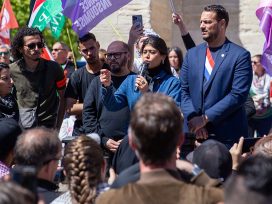
In France, the censorship of pro-Palestinian positions is particularly severe, with antisemitism accusations increasingly being used by the far right. But behind the current wave of repression lies a set of attitudes that are neither new, nor exclusively rightwing.
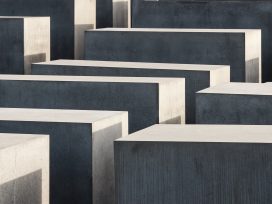
Provocative far-right calls for Germany to ‘move on’ from historical guilt miss the point: politics of memory and its practices may transition from contrition to responsible forgetting, but there is no end date to remembering that should accommodate diverse members of society.



